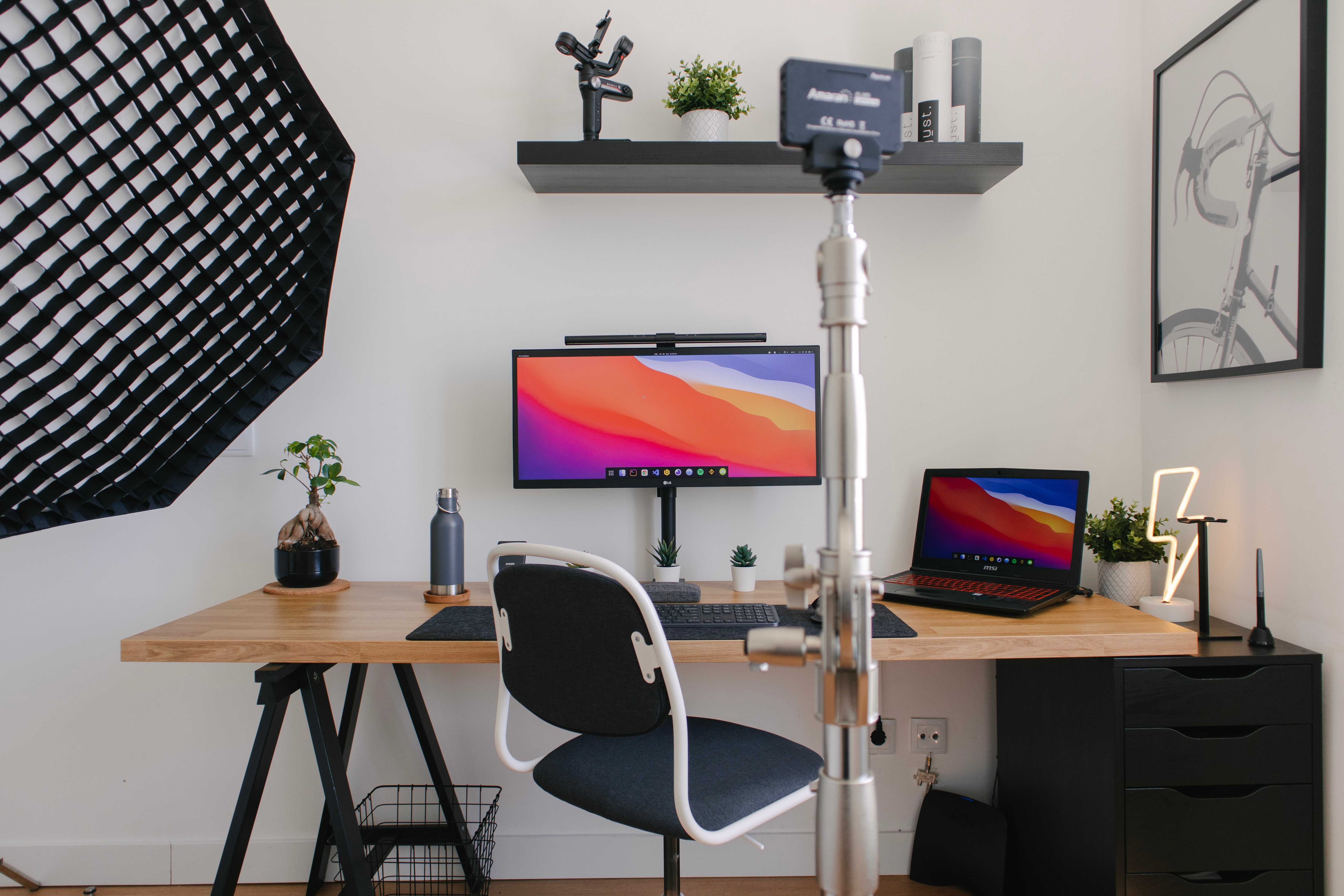
Influencer marketing is not just about creating content - it's about creating impactful relationships that drive growth for you and the brands you work with. A killer brand partnership can
- elevate your credibility,
- expand your reach, and
- open the door to future collaborations that bring real results.
This guide will show you how to establish and nurture these relationships with a little sass, a touch of authority, and a whole lot of strategy.
Not every brand is worth your time, honey. The first step to building a strong brand partnership is to be selective about who you work with. Look for brands that align with your personal values, audience, and goals. Are they serving the same audience? Are their values in line with yours? The best partnerships are a two-way street—both you and the brand should bring something valuable to the table. Don’t settle for anything less.
Before you start posting and promoting, you and your brand partner need to get on the same page. Whether it’s boosting brand awareness, driving sales, or growing engagement, clearly outline what success looks like and how it will be measured. Ambiguity is not your friend here. Nail down those expectations right from the start to keep everyone happy and on track.
This is where you put your boss hat on. A detailed partnership agreement isn’t just paperwork—it’s your safety net. Outline roles, responsibilities, deliverables, deadlines, compensation, and all the what-ifs (like revisions, cancellations, and conflict resolution). This agreement will keep both you and the brand accountable, so you can focus on creating amazing content without the drama.
Want a partnership that thrives? Keep talking. Regular check-ins, feedback sessions, and open lines of communication are non-negotiable. This not only builds trust but also ensures any hiccups are dealt with quickly. If something isn’t working, you’ll know sooner rather than later, and that’s how you stay winning.
Life happens, and influencer marketing is no different. Campaigns can take unexpected turns, and sometimes you need to switch things up—whether that means adjusting timelines, changing content formats, or renegotiating terms. Flexibility shows your professionalism and commitment to the partnership, making you a valuable collaborator that brands will want to work with again and again.
Numbers don’t lie, and tracking your campaign performance is key to showcasing your value. Metrics like engagement rates, reach, sales, and audience growth tell the real story. Share these insights with your brand partner to highlight the success of the collaboration and identify any areas for improvement. When you bring data to the table, you’re showing that you’re not just about the pretty pictures—you’re about results.
Got a major milestone? Crushed a campaign goal? Don’t just move on—celebrate! Recognizing these wins not only strengthens your relationship with the brand but also paves the way for more good vibes (and collaborations) in the future. A little celebration goes a long way in keeping the partnership positive and forward-moving.
The best brand partnerships don’t just fizzle out after one campaign—they grow. Stay in touch, keep the lines of communication open, and support each other’s goals even outside of active campaigns. Long-term relationships are where the magic happens, leading to more significant opportunities and a consistent stream of collaborations that boost both your brand and theirs.
Building strong brand partnerships isn’t just about the campaign—it’s about creating valuable connections that lead to long-term success. With the right approach, clear communication, and a commitment to results, you can position yourself as an influencer or content creator that brands love to work with.
So, keep your standards high, track those metrics, and watch as your partnerships evolve into powerhouse collaborations that elevate your influencer career.
Photo from Unsplash














